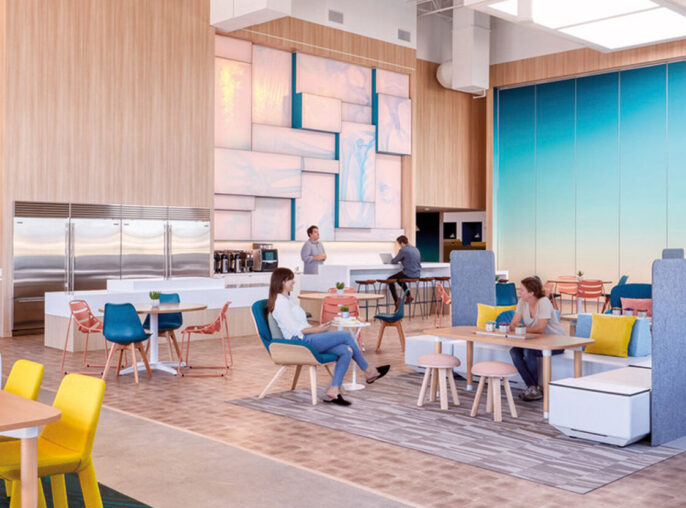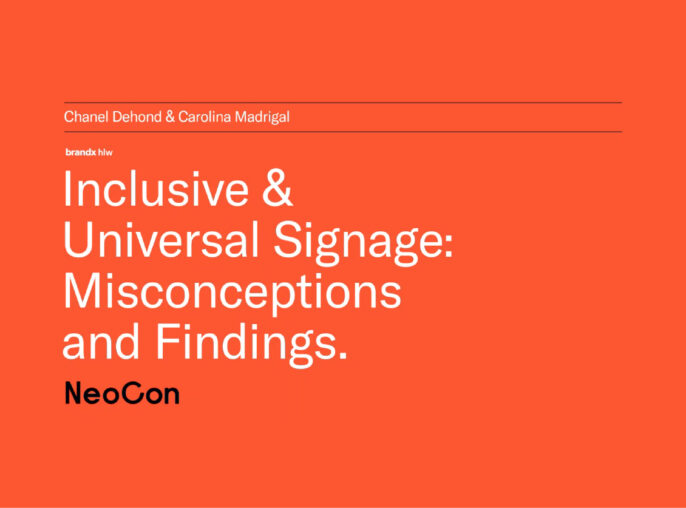Event
Cultural Resilience

We’re All in This Together:
Cultural Resilience in Times of Disruption
The last several months have been a trying time. Many of our social norms have been disrupted, forcing us to quickly adapt to a new reality and accelerate the adoption of new practices. Despite this chaos, we have improvised some highly effective means of staying connected and, in the case of businesses, methods to strengthen cultural resilience.
We recently hosted a virtual roundtable with a few of our clients, offering them a chance to learn from one another and discuss some of their shared experiences in recent weeks. The panel participants included a CEO, HR executives, and corporate real estate leaders. We also invited a guest expert to join us – Professor Wayne Baker, of the University of Michigan’s Stephen M. Ross School of Business and faculty director of its Center for Positive Organizations. Our discussion focused on what it means to be a resilient organization and how each of us can contribute to that mission. During economic downturns triggered by major societal disruptions (i.e. 9/11, the 2008 financial crisis, etc.), a small percentage of organizations tend to emerge stronger than before due to their resilience and cultural robustness. For our purposes, cultural resilience is about crafting, systemizing, and internalizing certain norms and practices that help an organization withstand adversity.
We started the discussion by “going around the Zoom” and having everyone share a joyful moment they experienced during the crisis. We heard many brief but encouraging stories from participants’ home and professional lives. Sharing personal, happy moments primed the participants to think about the things that are going well and how to harness that perspective in shaping the course of their professional work.
We followed the warm-up with a brief introduction by Professor Baker about some of the tenets of cultural resilience. One of the key take-aways was the idea that people, by nature, are generous and will rise to the occasion to lend a hand when asked. This phenomenon has repeated itself so many times in the recent months at the centers of the health crisis and at the periphery in our own communities and workplaces. Generosity isn’t in short supply. However, Professor Baker reminded everyone about the importance of asking for help and how it can multiply into a culture of generosity and, ultimately, resilience.
Participants then engaged in a dialogue with one another, which we kicked off by asking a simple question – what is the most pressing problem you are facing today? An organic discussion followed, and several themes emerged around dealing with the specific challenges individual leaders and their organizations are facing because of this shared crisis.
Practicing mutual support for people and organizational success
Leaders appreciate the willingness of their teams to keep moving forward and contributing to organizational success. We discussed the fact that all leaders recognize the difficulties associated with extended remote work during this time when many are juggling childcare, recovery from illness, or support of those who may be sick. The importance of mental health and wellbeing was raised, participants acknowledging the need to offer support during this stressful time. Many also noted the importance of showing empathy and understanding to those who need added flexibility due to personal circumstances. Professor Baker pointed out that showing gratitude for help received was the biggest motivator for “paying it forward.” Ultimately, organizational leaders have realized that the care and compassion they show now is not only positive in the short-term, but that it will pay dividends down the road in the form of greater employee commitment and engagement.
Acknowledging that we’re all in this together, and discovering new positive practices
One of the remarkable side effects of this massive distributed working experiment is the shared experience it creates. Many people are enjoying the same benefits (reduced commuting, more time with family) and battling similar challenges (lack of face-to-face interaction, uncertainties). Some of the participants remarked how this shared experience “levels the playing field” and equalizes everyone in ways that produce positive organizational change. Examples of such changes include more meaningful meetings and thoughtful discussions when people come together. Company leaders are organizing virtual town halls and giving different people from across the business the chance to share inspirational stories. Other examples include proactive efforts to keep channels of mentorship going, especially in industries like law and finance where on-site training and development has historically been the norm.
Changes made today that might persist over the long term
Although some of the leaders who participated in the roundtable came from organizations without extensive work-from-home practices, everyone remarked about how successful it has been. In essence, this period has established “institutional confidence” about the viability of working from home. One financial services organization successfully established a remote trading floor in a different state and has been able to maintain full productivity during this time. In general, everyone agreed that some form of remote working will remain in place. Given the likelihood that we will be living with COVID-19, and the associated protection of personal health, for quite some time, organizations will have to continue supporting remote work even as some of our teammates return to the office. One participant used the metaphorical expression of the “corporate athlete” to describe the kind of “anytime, anywhere” support that organizations can provide their employees to ensure performance and well-being, ultimately delivering long-term organizational success.
A big take-away from this roundtable is that the COVID-19 crisis has elevated generosity to a scale not always seen in today’s seemingly fractured society. We have witnessed the extension of gratitude toward health care workers and first responders that enable us to stay safe in our homes. For our office-based workforce, the shift to the shared experience of distributed, home-based working has sparked a bit of a “cultural reset” for many organizations. That said, like many of the roundtable participants, in our own firm we have noted that teams and organizations are actually more connected and culturally healthier than ever before.
We ended our session in much the same way it had begun, with expressions of gratitude. Some participants stayed past the hour to continue the dialogue, and we were thankful to them for their time and willingness to share.


